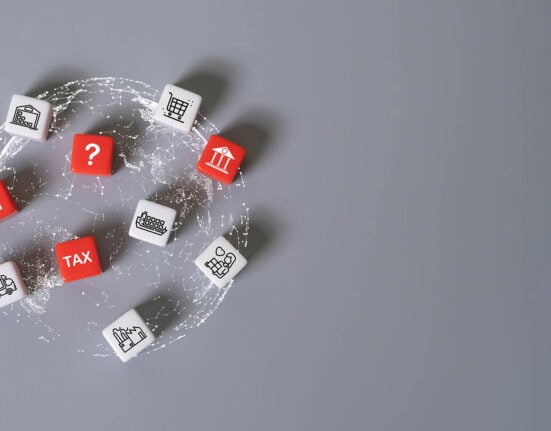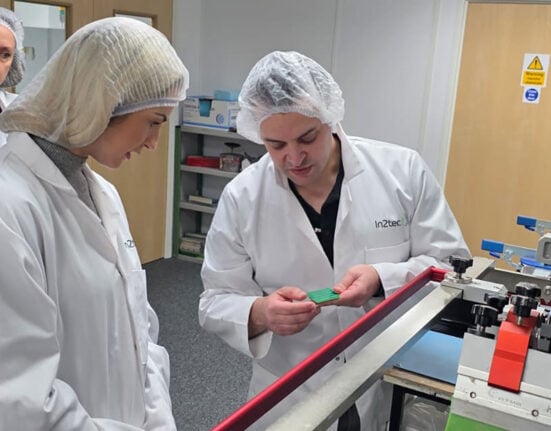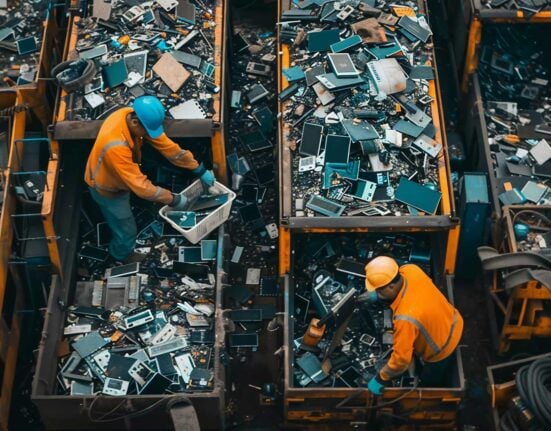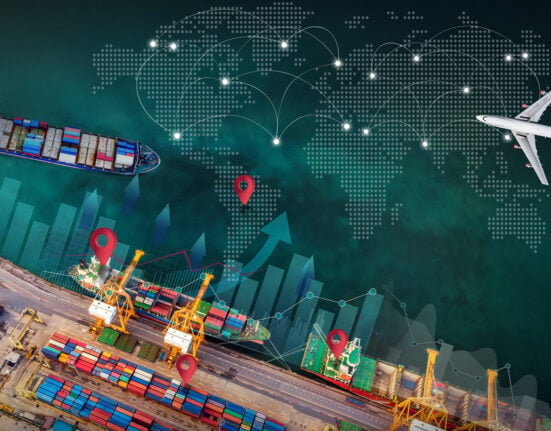With the pressure to meet climate targets and ESG goals, procurement teams have their work cut out for them – especially when, often, they receive no new funding or staff to meet challenging goals. But, could a tax change help?
It has recently been announced that a growing coalition of companies and campaign groups has called for the UK Government to scrap VAT on refurbished or recycled goods – and it seems to be making headway.
Quick savings, long-term gains
If VAT were removed from refurbished electronics, it would certainly be a cost-advantage for procurement teams, making it easier for them to choose sustainable options without premium price tags.
This cost reduction would also have a knock-on effect, according to the All-Party Parliamentary Group (APPG), ‘Kickstarting the Circular Economy’ report, it states that globally, the UK has the second highest e-waste problem per person per capita and a tonne of smartphones contains 100 times more gold then a tonne of ore. That is a lot of waste. Removing the VAT barrier would make it cheaper and easier for procurement teams to source second-life equipment and work with suppliers that specialise in remanufacturing or resale.
According to a poll by The Restart Project, 79% of UK consumers support the idea of having government-funded repair vouchers. And where cost is a big barrier to repair, financial incentives have a huge role to play in changing this behaviour. International schemes, like Autria’s repair voucher pilot, have already shown that well-designed incentives can lead to meaningful increases in repair activity.
A circle makes a zero
The APPG report makes it clear that resource use is a major driver when it comes to the climate. Globally, material extraction and processing account for over 55% of greenhouse gas emissions. For the UK, which imports around three-quarters of the materials it consumes, resource efficiency is as much about resilience as it is about emissions. The APPG estimates that improving resource use could deliver a £25 billion boost to GDP by 2035 while cutting emissions equivalent to closing 20 coal-fired power stations. For procurement leaders looking to link spend to Scope 3 reductions, this opens a strategic route: reduce embedded carbon by buying reused, not new.
Aligning with ESG Frameworks
As Environmental and Social Governance reporting is becoming more detailed and more scrutinised, companies are now expected to show real-world impact, not just offsetting.
By opting for refurbished electronics, it offers tangible benefits for ESG metrics – like, reducing carbon intensity per unit of spend, product longevity, and supplier diversity as well as job creation (through UK-based repair networks).
Scrapping VAT on refurbished goods could give circular suppliers a competitive advantage, which would make them more viable partners in ESG-focused procurement strategies. Pilot projects under Interreg NWE have shown that refurbished electronics can deliver measurable environmental and commercial benefits when supported by quality standards and transparent practices.
Implications for supply chains
If the VAT removal does come into play, supply chain leaders should expect:
- Repairability data in product specs
- Spare part availability during post-warranty service periods
- Supplier declarations on carbon footprint and reuse
Procurement teams will also need to vet new types of suppliers, such as asset recovery firms, refurbishment specialists, and IT lifecycle service providers. Many of these companies already comply with circularity standards such as PAS 141 or BS8887, which could be built into RFPs (request for proposal).
Forward thinking procurement
Scrapping VAT on refurbished and repaired items is much more than a tax tweak and slightly cheaper consumer goods. It could be the start of something new, in terms of how goods are specified, sourced, and managed. It’s an opportunity for procurement teams balancing delivery on climate goals with commercial value to align with fiscal incentives and long-term impact.
As net zero ambitions march on, circular procurement backed by favourable tax policy could become one of the most accessible and scalable tools in the ESG playbook.








